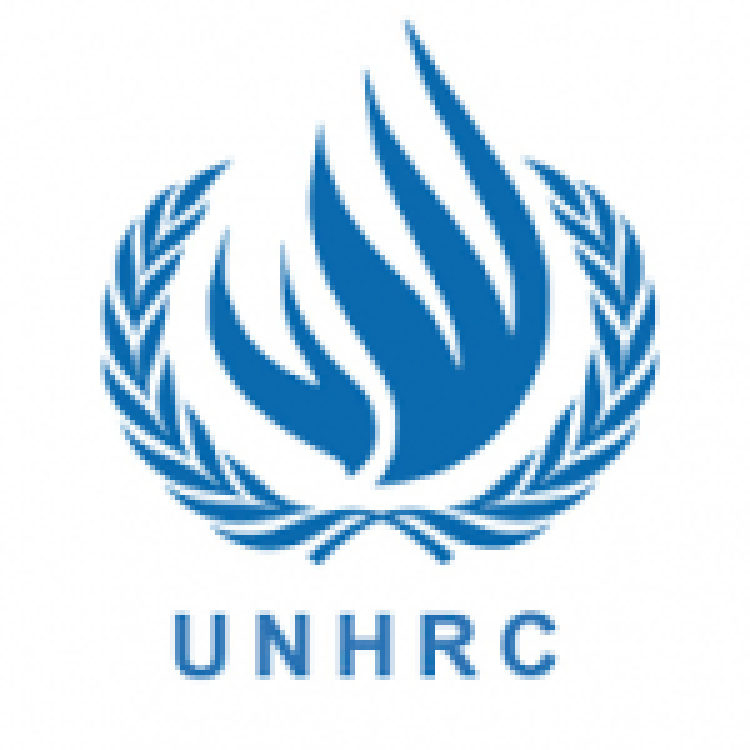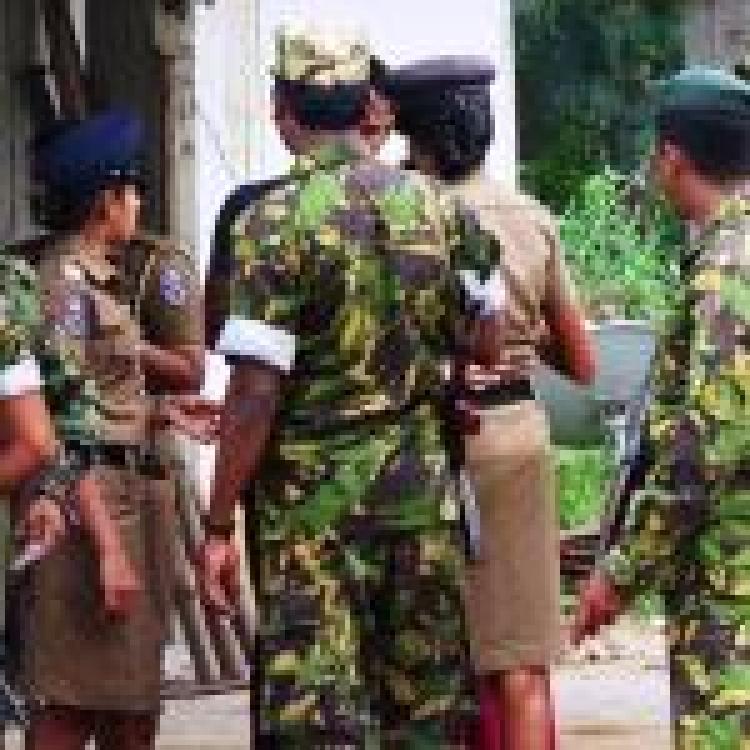The UK have raised their concerns over the recently gazetted Online Safety Bill's impact on the "freedom of expression" on the island.
In a written question to the UK government, Bob Blackman, MP for Harrow East, asked about the potential impact the bill will have on freedom of expression and religion in Sri Lanka,
Anne-Marie Trevelyan the Minister of State for the Foreign, Commonwealth and Development Office responded:
"Despite concerns expressed by civil society, opposition parties and international internet providers regarding the potential negative impacts of the Online Safety Act, the Sri Lankan Parliament passed it into law on 24 January. The UK also raised concerns about the impact of this Act on freedom of expression and economic growth, including when I met Sri Lankan President Wickremesinghe in October, and when Lord (Tariq) Ahmad, Minister of State for South Asia, met Sri Lankan Foreign Minister Ali Sabry on 25 January.
The UK will continue to closely follow developments on this Act."
UK ministers have raised concerns about the impact on the 'freedom of expression', as Sri Lanka places control of the Online Safety Act under the Ministry of Public Security, headed by Tiran Alles a key figure in the military-police drug operation Yukhthiya, which has seen over 50,000 arrests and drawn widespread condemnation.
Yesterday, the widely condemned Online Safety Act was placed under the purview of the Ministry of Public Security.
The Ministry is headed by Tiran Alles, a man accused of corruption and named in the Pandora Papers. Alles also instructed police to use "maximum force" against suspected criminals, stating the police would locate alleged drug dealers and "shoot them", following the commitment of Operation Yukhthiya.
Last month the UN High Commissioner for Human Rights, Volker Türk slammed the Sri Lankan government’s ongoing anti-drug operation and urged the government to comply with a human-rights based approach. Those detained have allegedly been subject to ill-treatment and torture.
Amnesty International also issued a statement calling the “The passing of the Online Safety Act is a major blow to human rights in Sri Lanka.”
Thyagi Ruwanpathirana, Regional Researcher for South Asia at Amnesty International said the Act "is the newest weapon in the government’s arsenal of tools that could be used to undermine freedom of expression and suppress dissent. “Authorities must immediately withdraw it and ensure respect for the human rights of everyone in the country,” she added.
Despite similar calls from the international community to reconsider measures taken by the government, all such efforts have been in vain. Recently Tiran Alles, speaking at an event told the audience that "this is our country. In our country, we can do whatever we want to do.”



